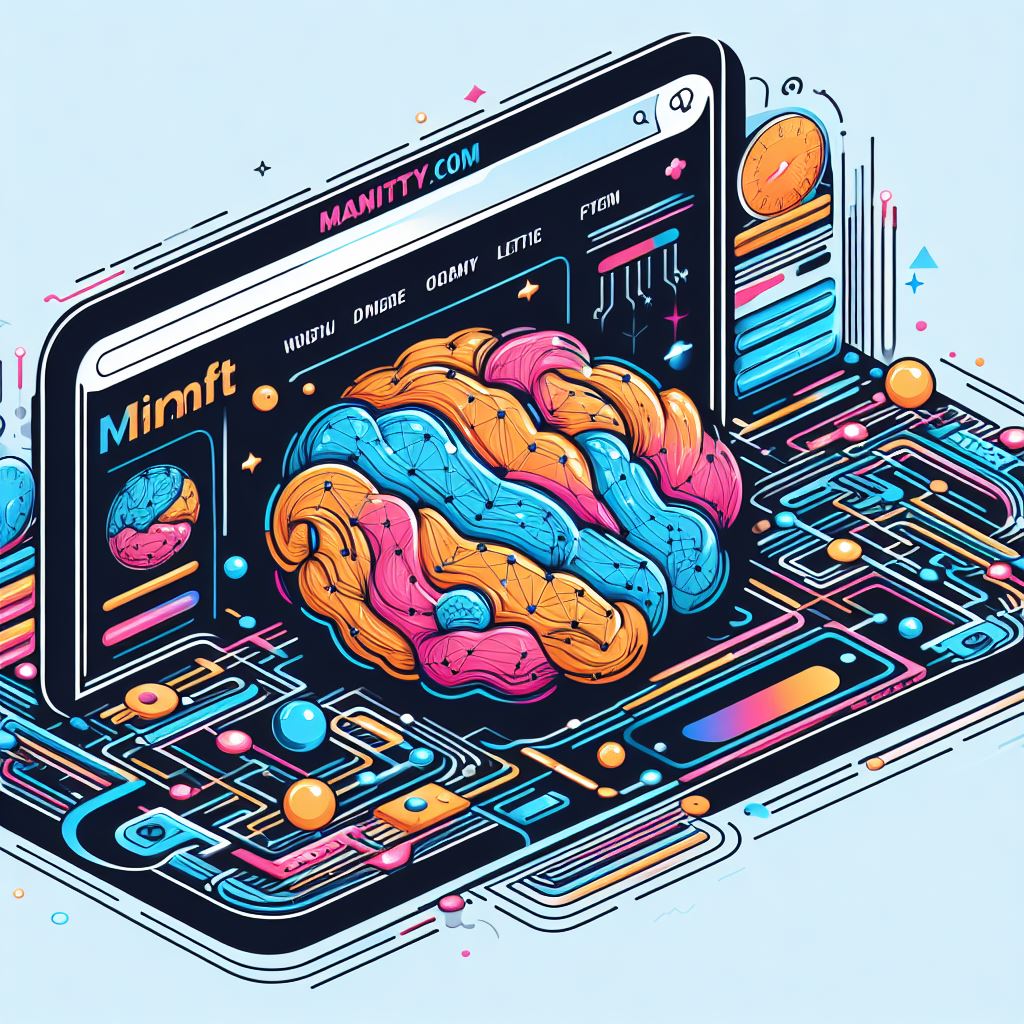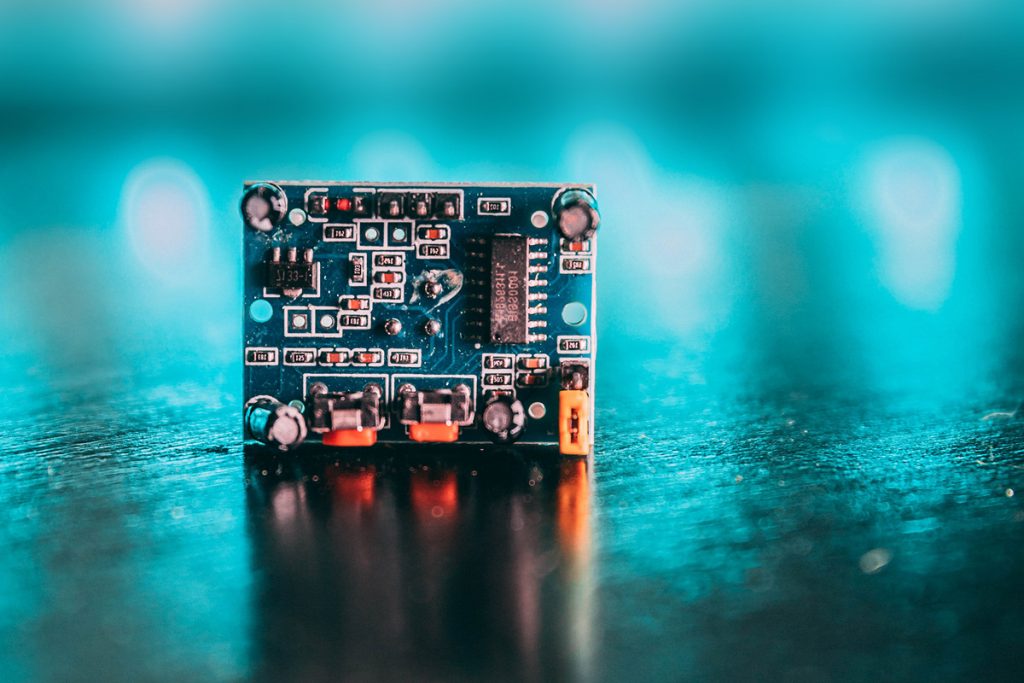In the complex landscape of mental health, anxiety emerges as a formidable adversary. It doesn’t just play with your thoughts and emotions; it can also significantly impact your brain. Anxiety-related changes in the brain have been a topic of extensive research in the field of neuroscience. This article delves into the fascinating world of the brain’s response to anxiety, offering insights and innovative solutions to combat this formidable foe.
The Brain on Anxiety: Structural Changes
Anxiety can have profound effects on the brain. Studies have shown that it can lead to structural alterations, including the enlargement of the amygdala and the shrinkage of the hippocampus. These regions are crucial for emotion regulation and memory, and their changes contribute to the anxiety experience.
The Communication Breakdown: A Neural Perspective
One of the most intriguing aspects is how anxiety disrupts communication between different brain regions. The amygdala, responsible for our “fight or flight” response, loses its connection with the anterior cingulate cortex, which plays a key role in decision-making and emotional processing. This breakdown in communication can manifest as chronic stress, cognitive challenges, and an increased risk of cardiovascular issues.
Neuroscience Steps In: Insights and Innovations
The field of neuroscience is at the forefront of understanding and managing anxiety-related brain changes. Here are some promising approaches:
- Neuroplasticity: The brain’s ability to adapt and rewire itself offers hope for recovery through various therapies and interventions.
- Brain Imaging: Advanced neuroimaging techniques allow researchers to visualize and comprehend the brain changes associated with anxiety, providing essential diagnostic insights.
- Cognitive Neuroscience: Exploring the cognitive processes related to anxiety helps in developing more effective treatments and interventions.
- Mindfulness and Meditation: Practices like mindfulness meditation have shown remarkable results in positively impacting the brain and alleviating anxiety.
- Neurofeedback: This emerging field empowers individuals to directly influence brain activity, offering potential treatment options and self-regulation techniques.
Phynitty: Bridging Neuroscience and Innovative Solutions
In the quest to understand and manage anxiety through neuroscience, innovative companies like Phynitty play a crucial role. Phynitty’s cutting-edge solutions in multimodal patient monitoring are designed with a deep understanding of the brain and its responses to various stressors. By combining neuroscience insights with advanced technology, Phynitty is at the forefront of enhancing well-being and accessibility in biotechnology, bringing innovation to the forefront.
Conclusion
The relationship between anxiety and the brain is a complex and evolving field within neuroscience. As we uncover more about the neural intricacies of anxiety, innovative solutions continue to emerge, offering hope for individuals battling this condition. Companies like Phynitty exemplify the fusion of neuroscience insights and technological innovation, bringing us one step closer to a world where anxiety is better understood and more effectively managed.



